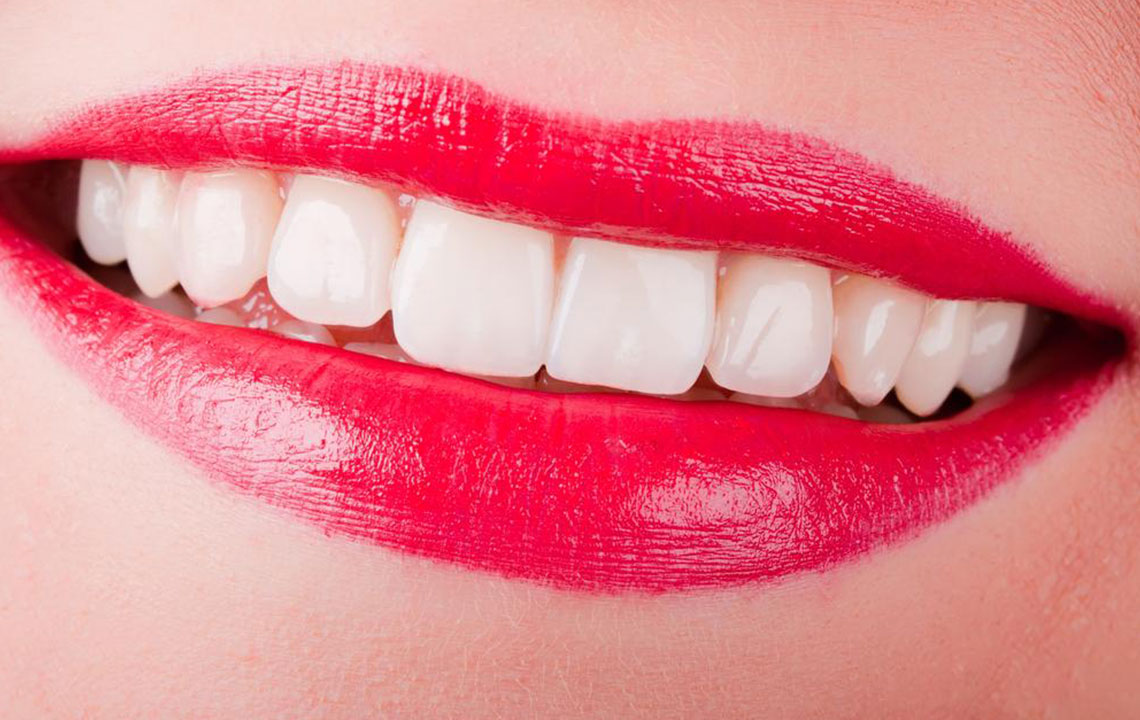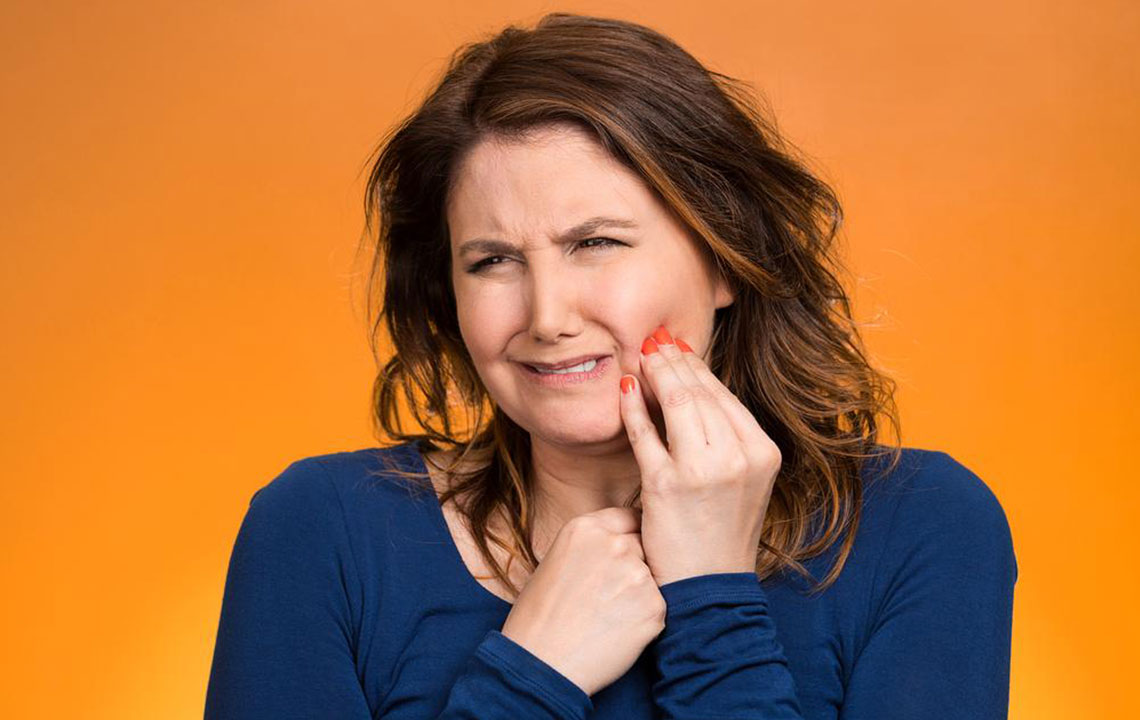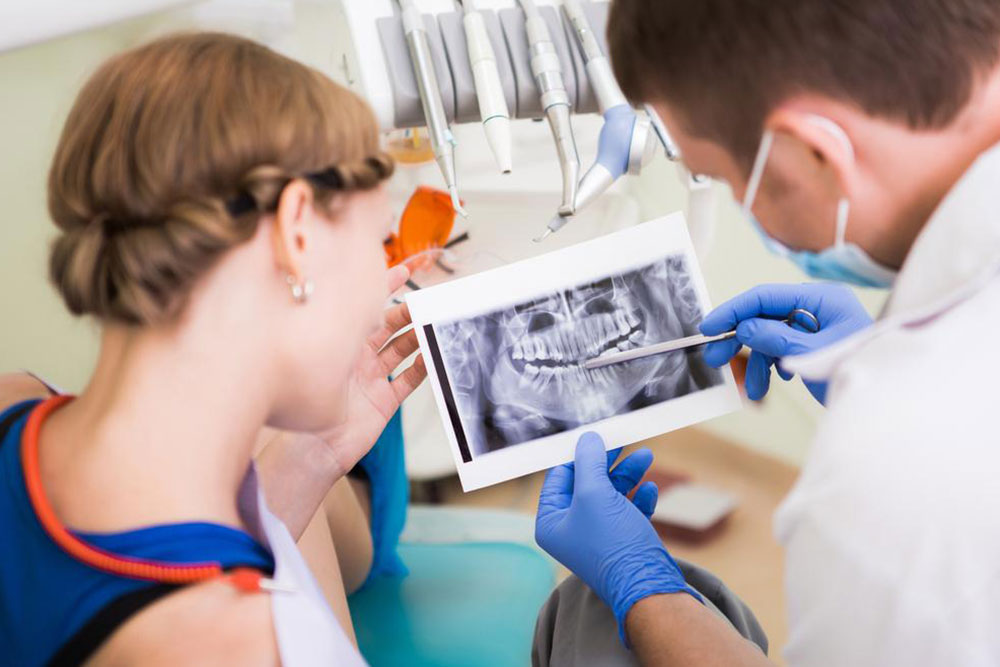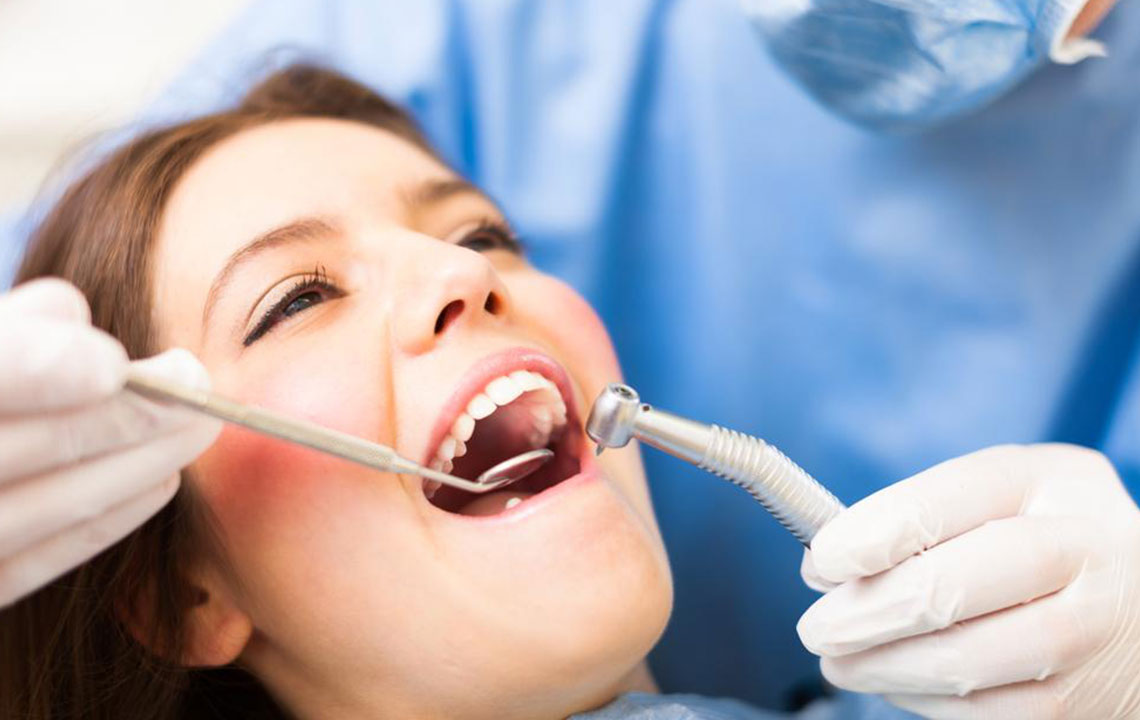Essential Tips for Optimal Dental Care and Hygiene
Discover essential dental hygiene tips to maintain healthy teeth and gums. Learn about proper brushing, flossing, choosing the right products, and avoiding common pitfalls. These practices are vital for preventing cavities, gum disease, and bad breath, ensuring your mouth stays fresh and healthy. Implementing these simple yet effective strategies can significantly improve your oral health and boost your confidence.

Essential Tips for Optimal Dental Care and Hygiene
Maintaining excellent oral hygiene is crucial for overall health and well-being. Failing to properly clean your teeth and tongue can create an ideal environment for bacteria, leading to issues such as plaque buildup, cavities, bleeding gums, and foul breath. Proper dental care helps prevent these problems and supports healthy teeth and gums.
Here are key dental hygiene strategies to keep your mouth healthy:
Select the right toothbrush
Use a toothbrush with soft bristles and a head that reaches all areas of your mouth. Smaller brushes work well for children, and choosing a suitable size ensures effective cleaning.
Proper brushing involves positioning your brush at a 45-degree angle against your gums and making gentle, short strokes on all surfaces of your teeth. Remember to brush at least three times daily.
Floss daily and correctly
Floss thoroughly between each tooth, removing trapped food and plaque. Use a clean piece of floss for every few teeth to prevent bacteria transfer and maintain oral health.
Choose appropriate mouthwash
Select mouthwash suited to your dental needs to reduce bacteria and prevent gum issues. Regular use minimizes food debris accumulation along the gumline, reducing gingivitis risk.
Use fluoride toothpaste
Pick toothpaste with an ADA seal and the right fluoride content. Consider fluoride supplements or fluoridated water for kids to strengthen enamel.
Replace your toothbrush regularly
Change your toothbrush every month or sooner if you notice gum discomfort or frayed bristles.
Clean your tongue
Use a tongue scraper after brushing to remove residual bacteria and refresh your breath.
Avoid midnight snacking
Refrain from eating late at night without brushing, as leftover food fosters bacterial growth.
Limit sugary foods and drinks
Reduce intake of sweets, sodas, and caffeinated beverages that can cause decay. Excess phosphorus and insufficient calcium intake can weaken teeth, increasing decay risk.










